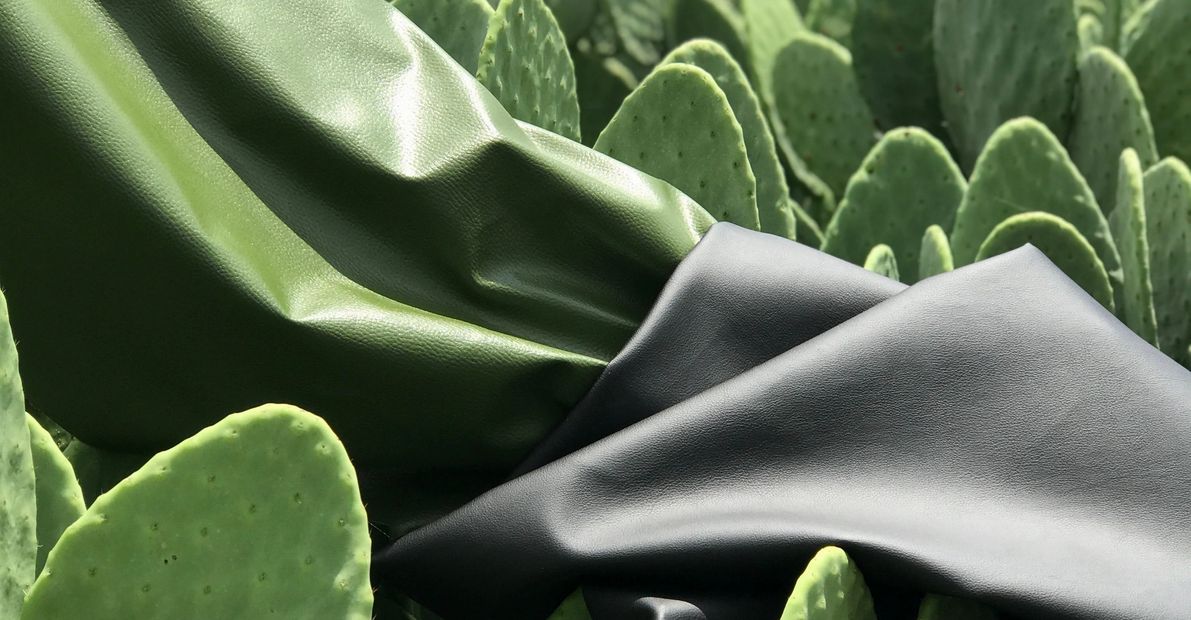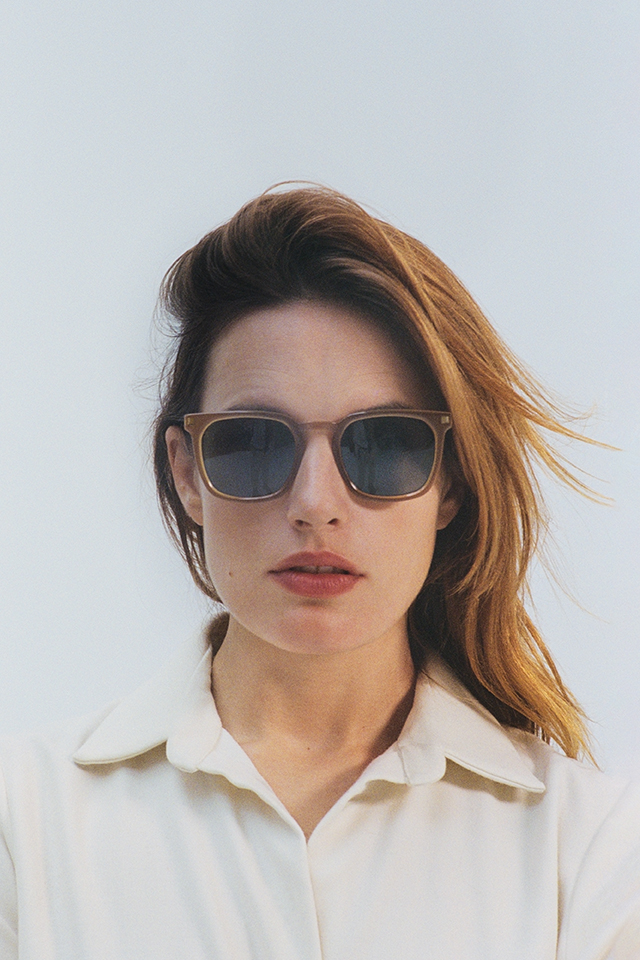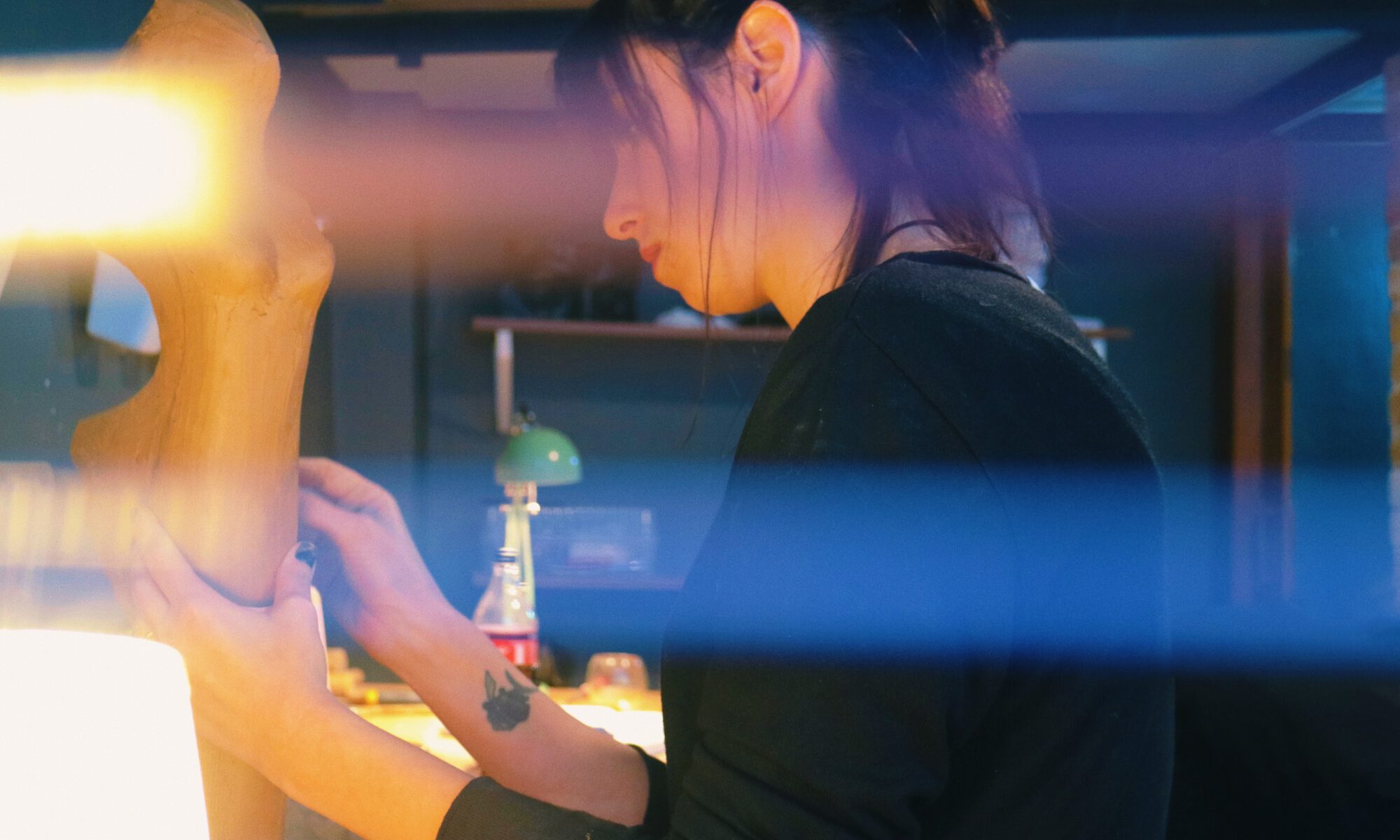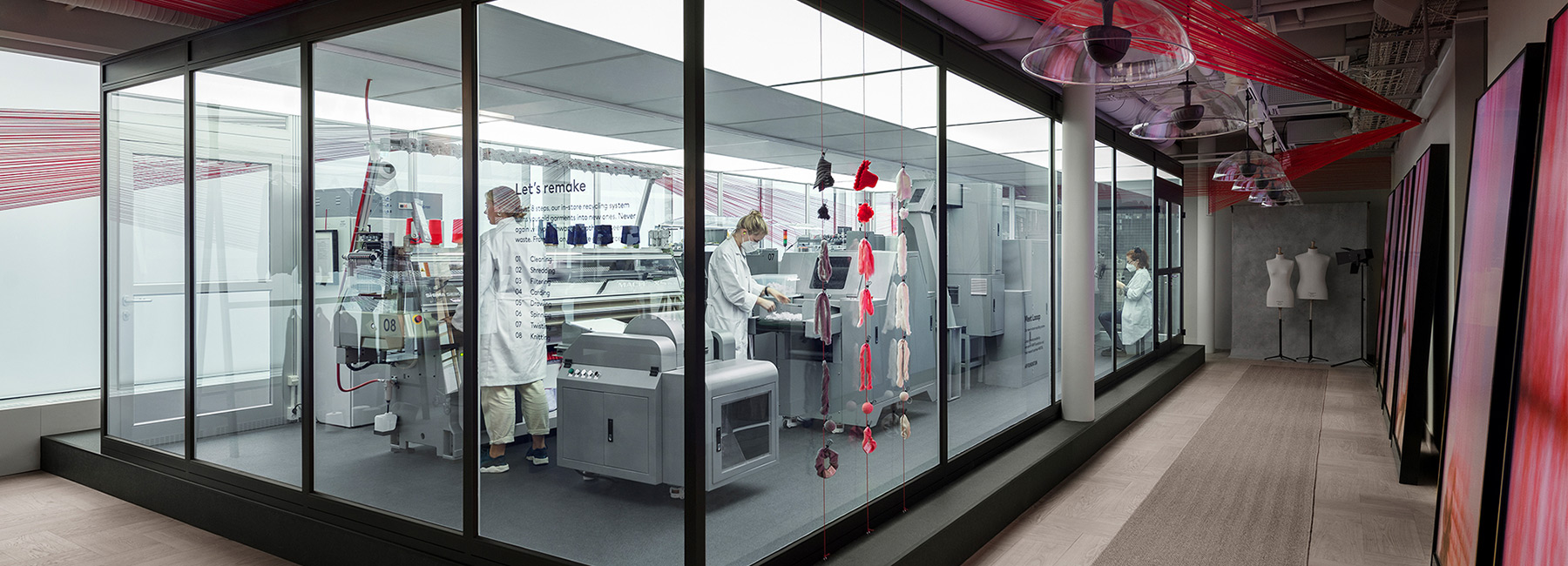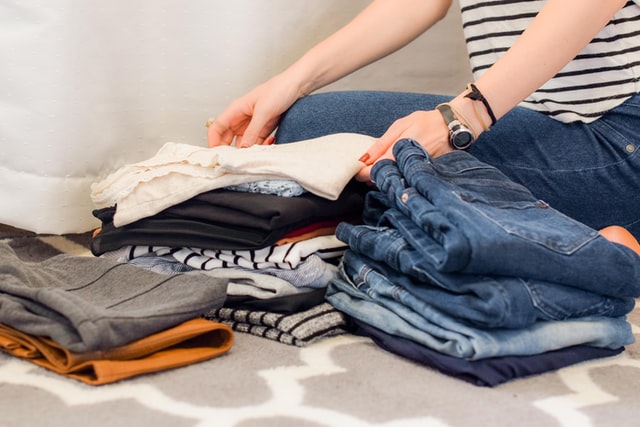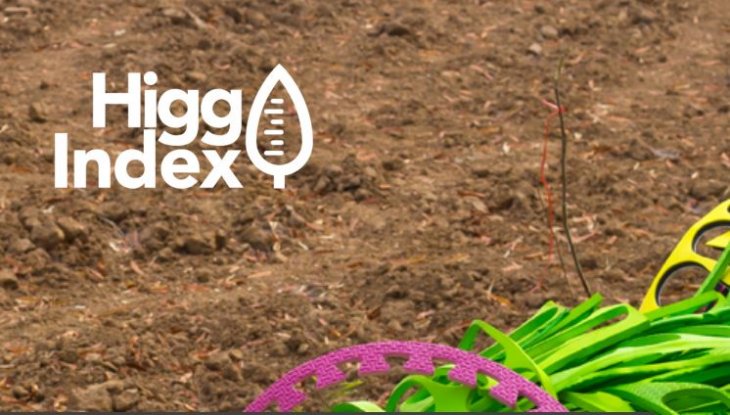For some time now, cactus leather from the company ADRIANO DI MARTI and its product desserto from Mexico has been used and celebrated in the fashion world as a sustainable alternative to leather. The founders Adrián López Velarde and Marte Cázarez have developed a patented process for producing cactus leather. Continue reading “Cactus leather Desserto, Mexico”
Berlin-based eyewear brand MYKITA
MYKITA sets standards for sustainable urban production in the fashion industry with its modern manufactory. The Berlin brand has been designing & producing beautiful eyewear under one roof since 2003, today at MYKITA HAUS. The purposeful products combine craftmanship and high technology. Innovation and sustainability are the key of the MYKITA DNA. MYKITA pioneers the industry with its holistic approach. Founder Moritz Krüger was driven by a clear aesthetic vision and the willingness to produce something himself, to be curious and to constantly question the status quo. By the novelty of the first product design, the founder were forced to set up their own production and to develop the machines and processes for the specific needs. Continue reading “Berlin-based eyewear brand MYKITA”
Sustainable Fashion Production in Berlin
We have already looked at sourcing raw materials for the garment industry from a city’s waste. Cities consume 75% of the world’s natural resources (Ellen McArthur Foundation, 2021). Besides the materials used, the way clothes are made also has a big impact on the environment. A pair of fast fashion jeans has travelled up to 50,000 km across several contingents by the time it is bought and used in our country. This is not a sustainable production method. How can the fashion production be made sustainable and local? Continue reading “Sustainable Fashion Production in Berlin”
H&M Foundation & HKRITA, Stockholm
Looop, the first in-store direct-to customer recycling system form garment to garment (G-2-G), is now live in Europe, Stockholm, Sweden. Before, it was set up in Hong Kong. With looop, used clothes, post-consumer waste, will be transformed in new clothes, within a few hours. The groundbreaking technology presents a solution, heading into the right direction, towards a circular economy. Continue reading “H&M Foundation & HKRITA, Stockholm”
ISTO. from Lisboa, Portugal
Vasco, and Pedro and Pedro have started ISTO. in 2017 in Lisbon, because they have been searching for men clothes, with a very good quality and an affordable price. Their search stayed unsuccessful, that was when they decided to solve that by themselves. ISTO. stands for I – Independence, S – Superb, T – Transparent and O for Organic. Nowadays the brand offers women and men classic minimalistic basic clothes in good quality, organic and to a good price. They reveal the true costs (price) of their clothes at every step of the value chain, which is something unique in the fashion industry. Continue reading “ISTO. from Lisboa, Portugal”
Real laboratories with students for sustainable consumer behaviour
One of the topics we are interested in is the transparent production of clothing on the one hand and the sustainable consumption of clothing on the other.
An exciting project is being carried out at the TU Berlin, which will investigate how to empower teenagers and young adults to buy clothes sustainably. That there is an oversupply of clothes in private households that are not worn and that leads to an enormous waste of resources is no longer a secret here in Germany.
Continue reading “Real laboratories with students for sustainable consumer behaviour”
hessnatur, Butzbach, Germany
hessnatur is a company in the clothing industry with a purpose and has been for over 40 years. hessnatur was founded in 1976 by Heinz and Dorothea Hess, who were looking for skin-friendly, chemical-free clothing for their newly born son. When they couldn’t find what they were looking for, they took matters into their own hands. Continue reading “hessnatur, Butzbach, Germany”
Dilling, Herning, Denmark
At my studies of Sustainable Fashion at Copenhagen Business School, I came across a very interesting Danish producer and brand. I really like Denmark and the fashion scene there as well as the Copenhagen Fashion Summit, with its pioneering inspiring talks and networks. A reason to look closer. Although we have spotlighted some brands for sustainability here, this is a bit different. It is about underwear and sportswear.
Dilling – The sustainable choice Continue reading “Dilling, Herning, Denmark”
Higg Index, SAC, Oakland
Nowadays, there are a lot of certificates, sustainability labels and initiatives for sustainability out there. All are approaching the way of measuring sustainability a bit differently. Due to the diversity of labels, it could be difficult for customer knowing, where to start and to stay informed and not to lose the overview. The main aim of empowering the customer through transparency could be at risk due to information overload. To find a standard of measuring sustainability and to combine many of the existing approaches could be helpful – that is what the founding members of the Sustainable Apparel Coalition (SAC) had in mind, when they introduced the Higg Index in 2012. Continue reading “Higg Index, SAC, Oakland”
Myssy from Pöytyä
A friend of mine told me about the Finnish fashion brand, which has an own sheep herd. And even better, local grannies are knitting the wool hats of Myssy. Janne and Anna have started a farmed-based fashion brand in 2009. Myssy is Finnish and means funky wool hat. Janne and Anna live and work on their sheep farm in Finland. They have set up a holistic approach to produce wool accessories in line with nature and society. Continue reading “Myssy from Pöytyä”

